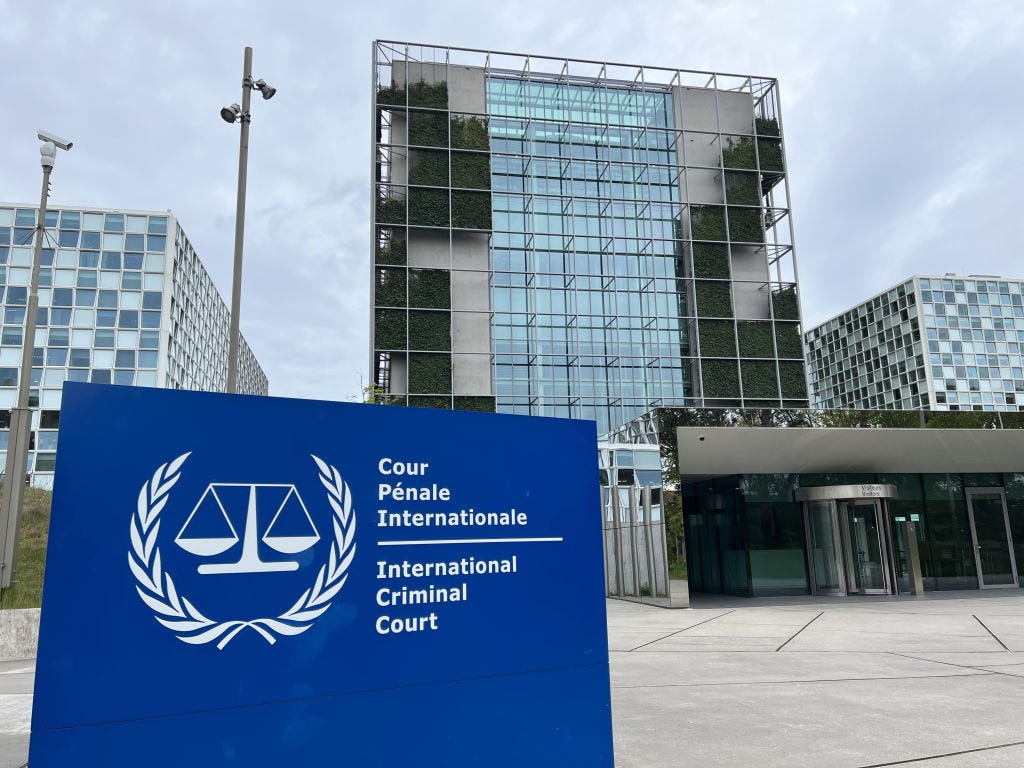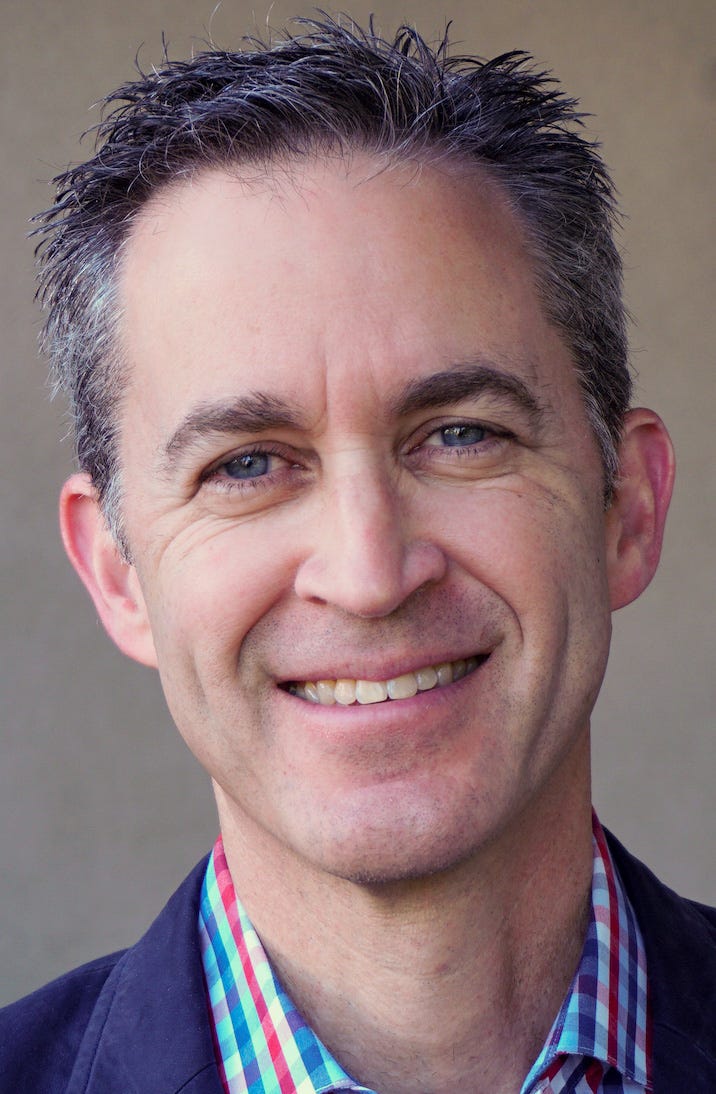A chance for justice in Gaza
Legal scholar David Kaye explains the ICC arrest warrants for Israeli and Hamas leaders for crimes against humanity
What does it look like to take “justice for all” seriously?
That’s the question the International Criminal Court was founded to answer. The ICC is an independent court that was created in 2002 to try “individuals charged with the gravest crimes of concern to the international community: genocide, war crimes, crimes against humanity and the crime of aggression.” That’s a different mission from the International Court of Justice, which is part of the United Nations, and settles disputes between countries rather than bringing cases against specific people. The other difference is that the ICJ can only make recommendations, but the ICC can issue warrants and conduct trials, though it depends on its signatory nations (124 countries, not including the U.S., Israel, or the other major powers) to enforce its decisions.
This week, we’re at the beginning of that process. ICC prosecutor Karim Khan, acting on the advice of a panel of international criminal justice experts (among them Amal Clooney), filed applications for arrest warrants for five key leaders — Israel’s Prime Minister Benjamin Netanyahu, and its Defense Minister, Yoav Gallant; Hamas’s leader, Yahya Sinwar, its military commander, Muhammad Deif, and its political chief, Ismail Haniyeh — in the ongoing war in Gaza, all on the charge of war crimes and crimes against humanity.
If a warrant is issued (at this point Khan has asked for that to happen, but an ICC panel has to review his application and decide whether to send out the actual warrants), that has real stakes for the accused, since those member nations are committed to act — say, by arresting anyone with a warrant who should set foot on their territory and delivering them to The Hague. This is why Vladimir Putin (who has such a warrant out for his arrest) has chosen to attend recent international conferences remotely.
The charges against the Israeli and Hamas leaders, as Kaye points out, are clearly and narrowly defined to address their wartime conduct, and don’t take on larger political questions such as the nature of “genocide” or the causes of or responsibility for the conflict itself (that’s the kind of thing the ICJ deals with). As the expert advisory panel puts it, the point of these warrants is to apply a fair standard of law for all people caught up in conflict, anywhere in the world:
There is no conflict that should be excluded from the reach of the law; no child’s life valued less than another’s. The law we apply is humanity’s law, not the law of any given side. It must protect all the victims of this conflict; and all civilians in conflicts to come.
To get more clarity on the background of the warrants and what they mean for the possibility of justice in Gaza and beyond, we talked to David Kaye, professor of law at the University of California, Irvine, an expert on international criminal justice, and the former U.N. Special Rapporteur on the promotion and protection of the right to freedom of opinion and expression.
We dug deep into the context of Khan’s legal strategy, the real-world implications for the Israeli and Hamas leaders named in the warrants, the likely response from the international community, and what prosecution — or even the threat of prosecutions — might mean for the future of international criminal justice.
Kaye’s take on the warrants will give you new insight, not just into the Gaza conflict, but into the workings of international criminal justice and how these particular warrants and any eventual prosecution might shape its future.
A request for those who haven’t yet joined us: The interviews and essays hat we share here take research and editing and much more. We work hard, and we are eager to bring on more writers, more voices. But we need your help to keep this going. Join us today to support the kind of independent media you want to exist.
So what’s happened now is the prosecutor, Karim Khan, has applied for arrest warrants — basically asked the International Criminal Court for permission to request that these Israeli and Hamas officials be arrested and brought to The Hague for trial. That goes to a panel of three judges serving on the court, who decide whether to issue the actual warrants. Is it likely that the ICC panel will do that? And then what happens?
It is somewhat difficult to make a prediction because the prosecutor has not made public the actual legal filings requesting the issuance of arrest warrants. As a lawyer, I would like to see those to determine the strength of the evidence, the case for specific criminal allegations (like extermination and starvation as war crimes), the jurisdictional arguments, the admissibility.
That said, Karim Khan is known to be a very careful lawyer, and his senior legal team — whose work I know from the U.N.’s tribunal on the former Yugoslavia — is exceptional, so my suspicion is that the request is tight. Also, they did not charge genocide, a notoriously complicated legal claim, but rather the more straightforward war crimes and crimes against humanity (neither of which require proof of that specific intent to destroy a group as such).
Will all of that persuade the judges? The evidentiary bar is of course lower than that required for conviction on any of the charges, and the judges have already found territorial jurisdiction for Palestine cases. If anything, international pressure (and Israeli and American threats) could push the judges to assert their independence even more robustly than they might otherwise. With all that, the betting should be on the issuance of warrants.
Is it likely that ICC signatory nations — a sizable chunk of Europe, Asia, Africa, and South America — will actually make arrests? Or will these men join Vladimir Putin in a sort of netherworld, where they will have to depend on being granted diplomatic immunity by signatory nations if they ever want to travel?





